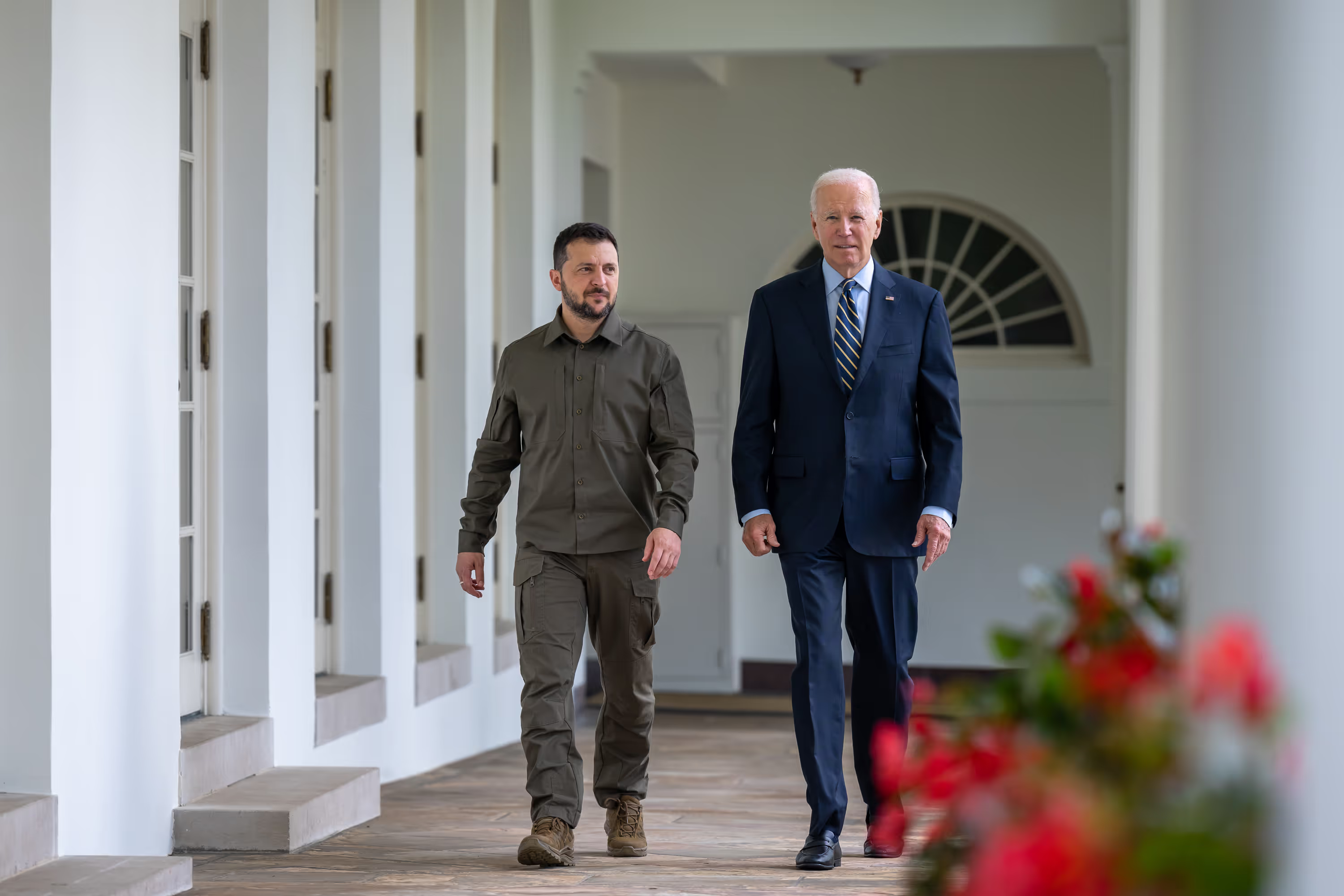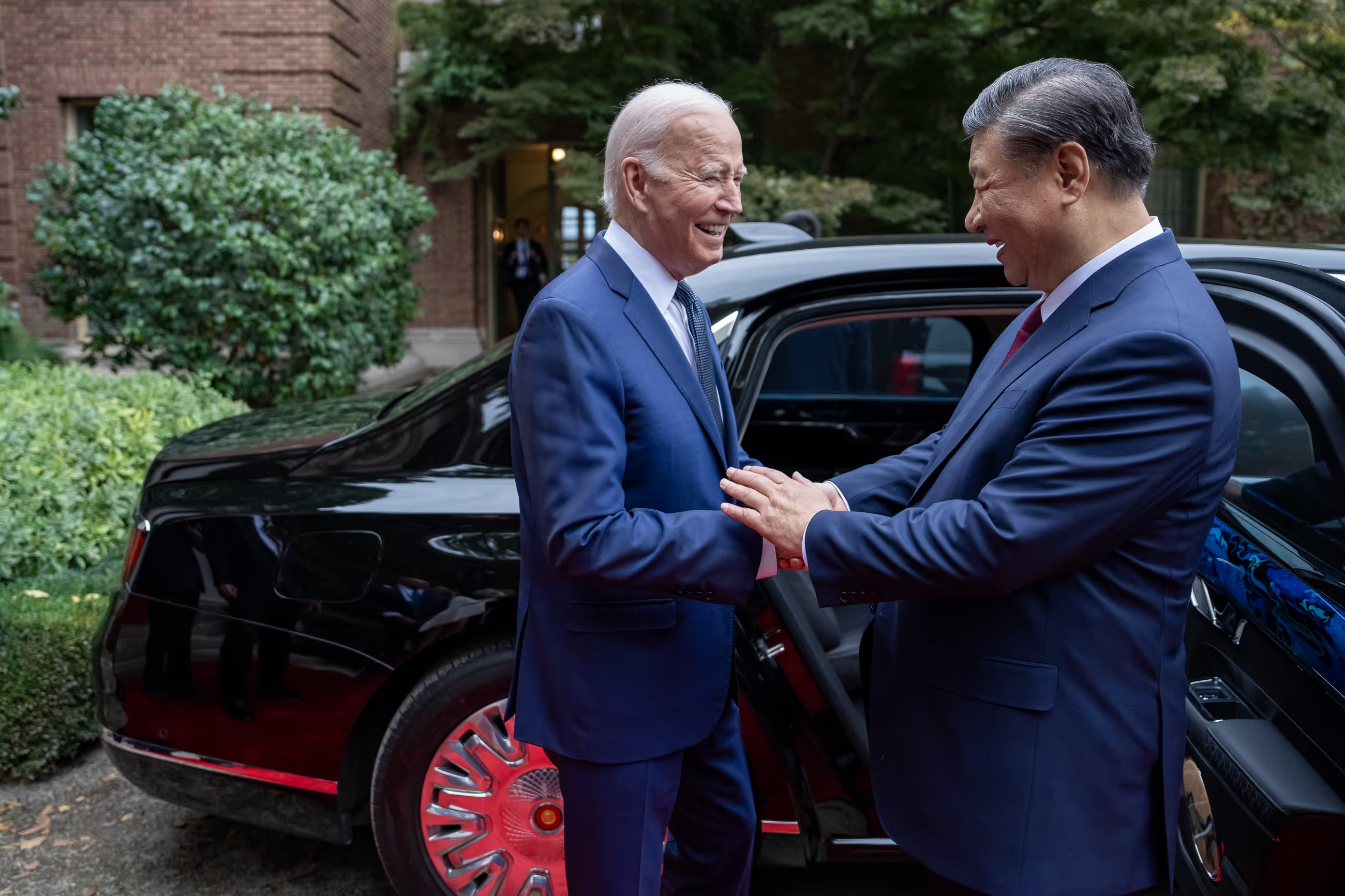
Type
Bipartisan
Topic
U.S.-China Relations
Bipartisan
By

Thinktanker Summary
- The report argues that both the U.S. and China, as status quo powers, share an interest in a stable global security environment and an open global economy.
- It suggests that diplomacy should focus on framing an inclusive global system, focusing on actions that reduce zero-sum constraints.
Overview:
This report by Jake Werner from the Quincy Institute for Responsible Statecraft discusses "Common Good Diplomacy" as a framework for stable U.S.-China relations.
- The report argues that both the U.S. and China, as status quo powers, share an interest in a stable global security environment and an open global economy.
- It suggests that diplomacy should focus on framing an inclusive global system, focusing on actions that reduce zero-sum constraints.
Key Quotes:
- "Rather than seeking to counter every Chinese initiative, U.S. leaders should carefully distinguish between beneficial and damaging outcomes, affirming and building on China’s constructive proposals and managing differences through negotiation rather than polemics and confrontation."
- "Working with China to revitalize the international order would not only prevent such a conflict, it would also establish the conditions for healthy forms of both competition and cooperation in the U.S.–China relationship."
What They Discuss:
- The report examines the complexities of the U.S.-China relationship, highlighting the potential for cooperation in areas like climate change, development in the Global South, and reforming international institutions.
- It emphasizes the need for the U.S. to carefully navigate its approach to China, distinguishing between actions that are beneficial or damaging to global stability.
- The concept of "Common Good Diplomacy" is proposed as a means to manage differences and build on constructive proposals from both sides.
- The report critiques the current U.S. approach of countering every Chinese initiative, advocating for a more nuanced strategy.
- It also addresses the challenges and opportunities in areas like global authority and security, the global economy, and climate change.
What They Recommend:
- Adopting a diplomatic approach that focuses on building an inclusive global system and reducing zero-sum constraints.
- Engaging in cooperative efforts with China in areas like climate change, global economic guidelines, and international order reform.
- Differentiating between Chinese actions that exacerbate tensions and those that contribute to global stability.
- Pursuing a balanced approach that allows for competition within a rules-based order, avoiding destructive conflict.
Key Takeaways:
- The report advocates for a strategic approach to U.S.-China relations that balances competition with cooperation.
- It highlights the importance of recognizing shared interests in a stable global order and the potential for mutually beneficial reforms.
- The concept of "Common Good Diplomacy" is presented as a framework for stable and constructive U.S.-China relations.
This is a brief overview of Jake Werner's report from the Quincy Institute for Responsible Statecraft. For complete insights, we recommend reading the full report.







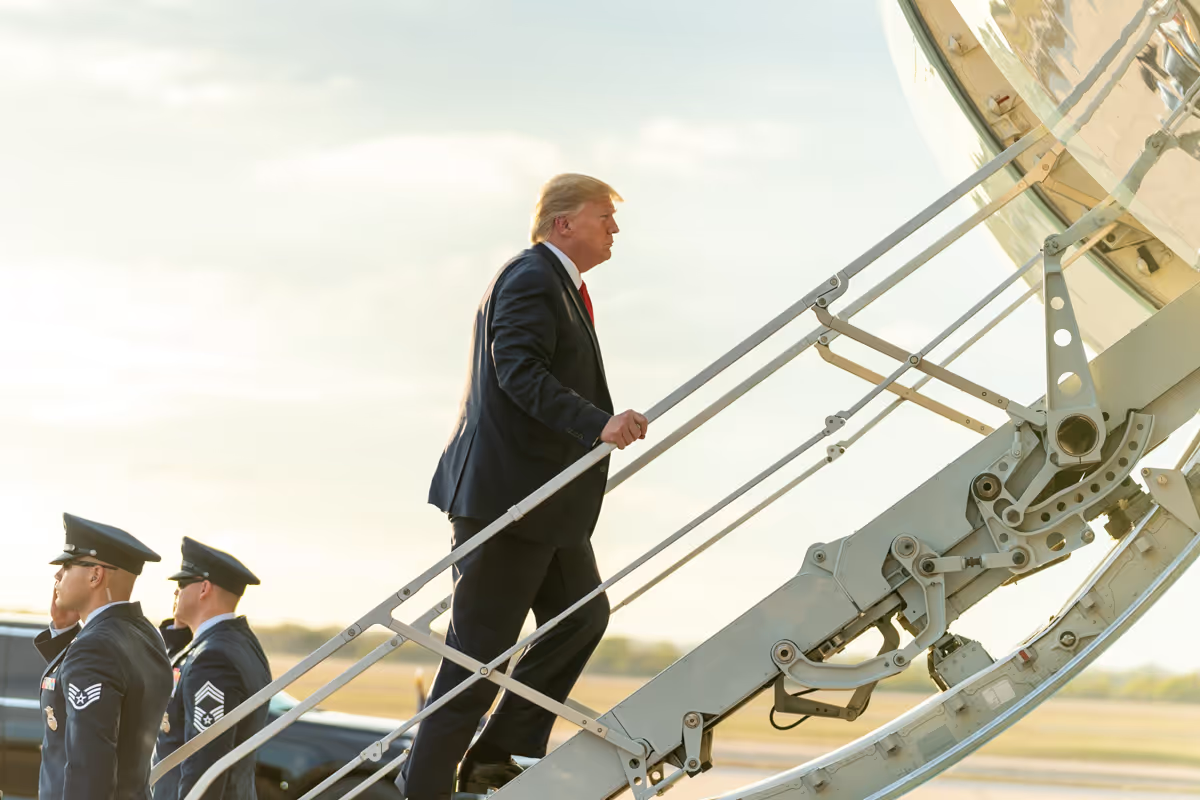


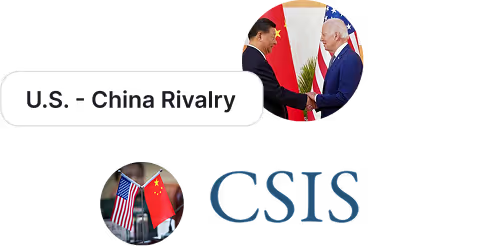

.avif)

.avif)
.avif)
.avif)
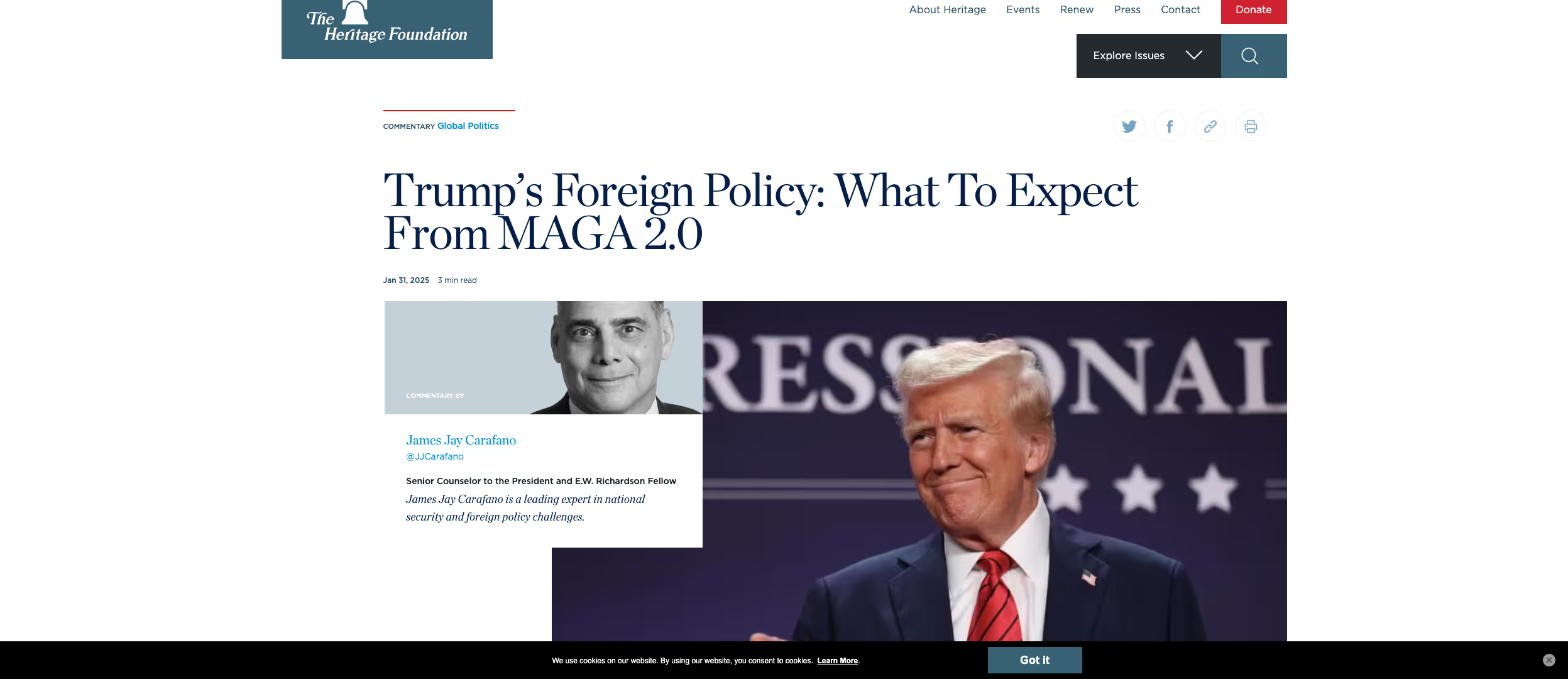
.avif)
.avif)
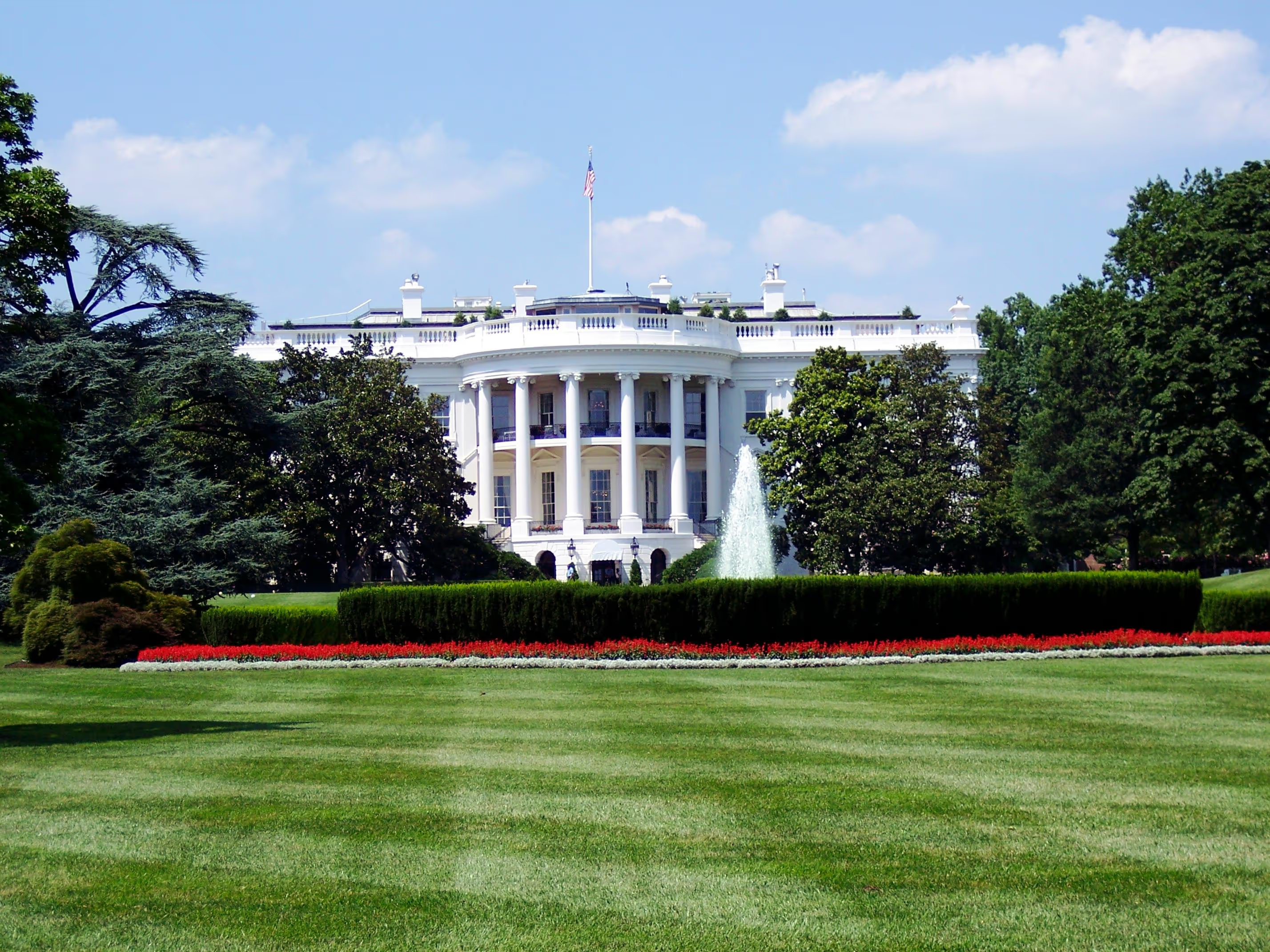


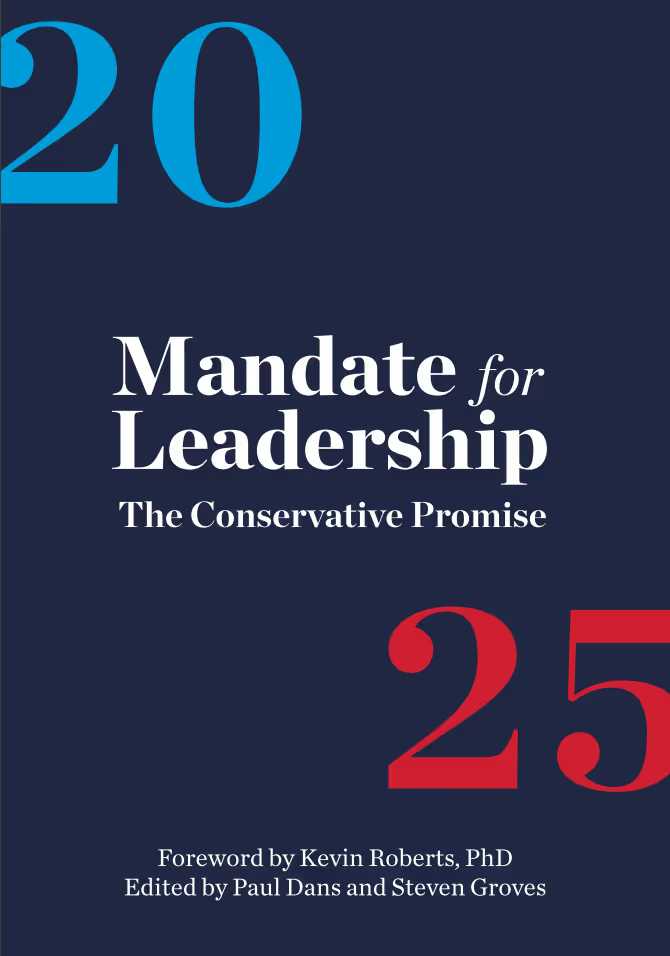





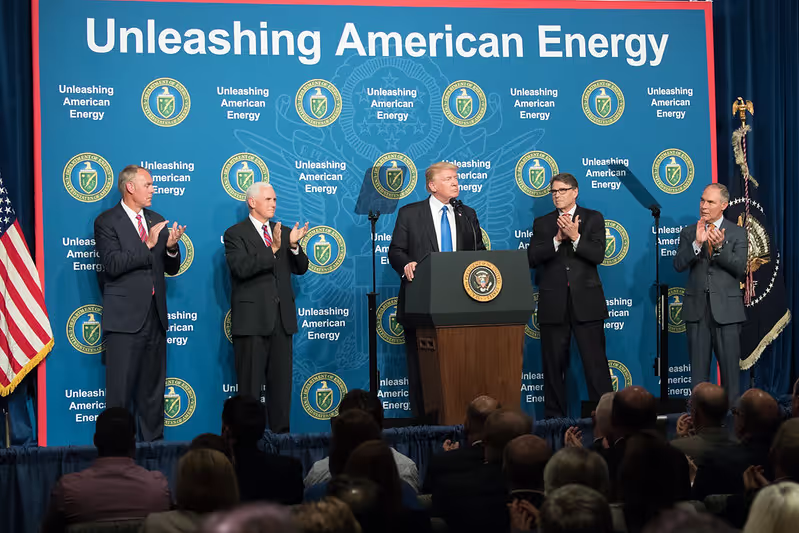

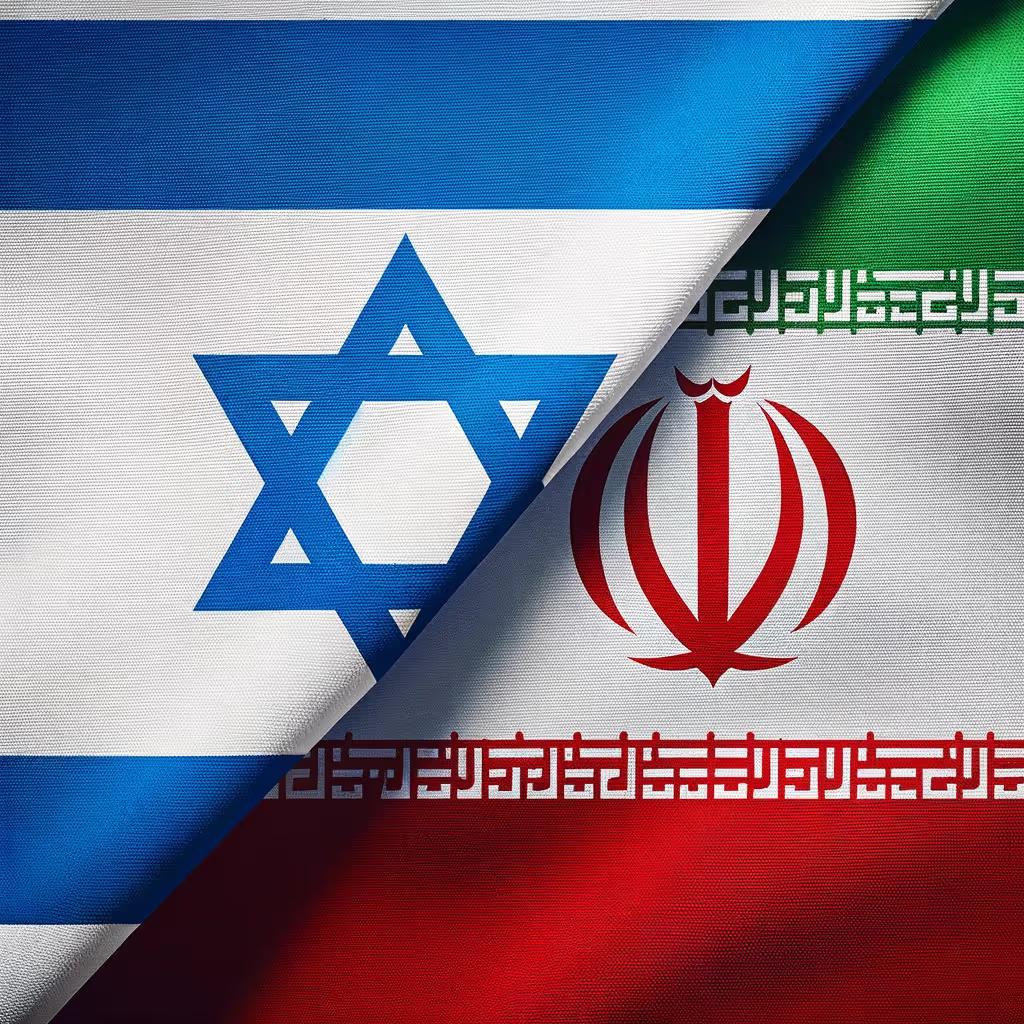














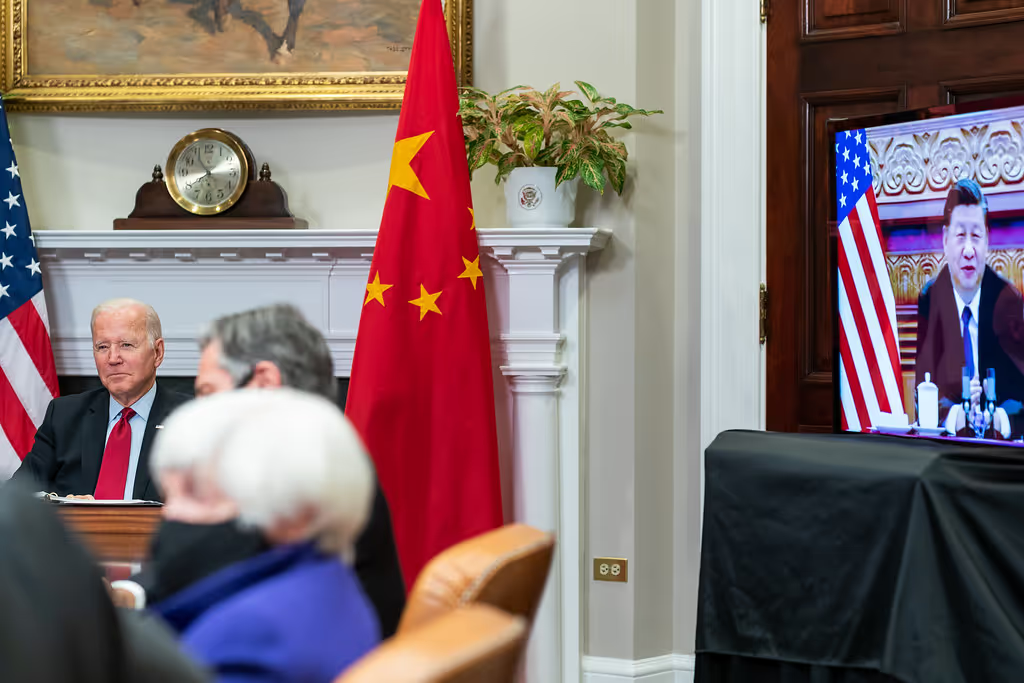


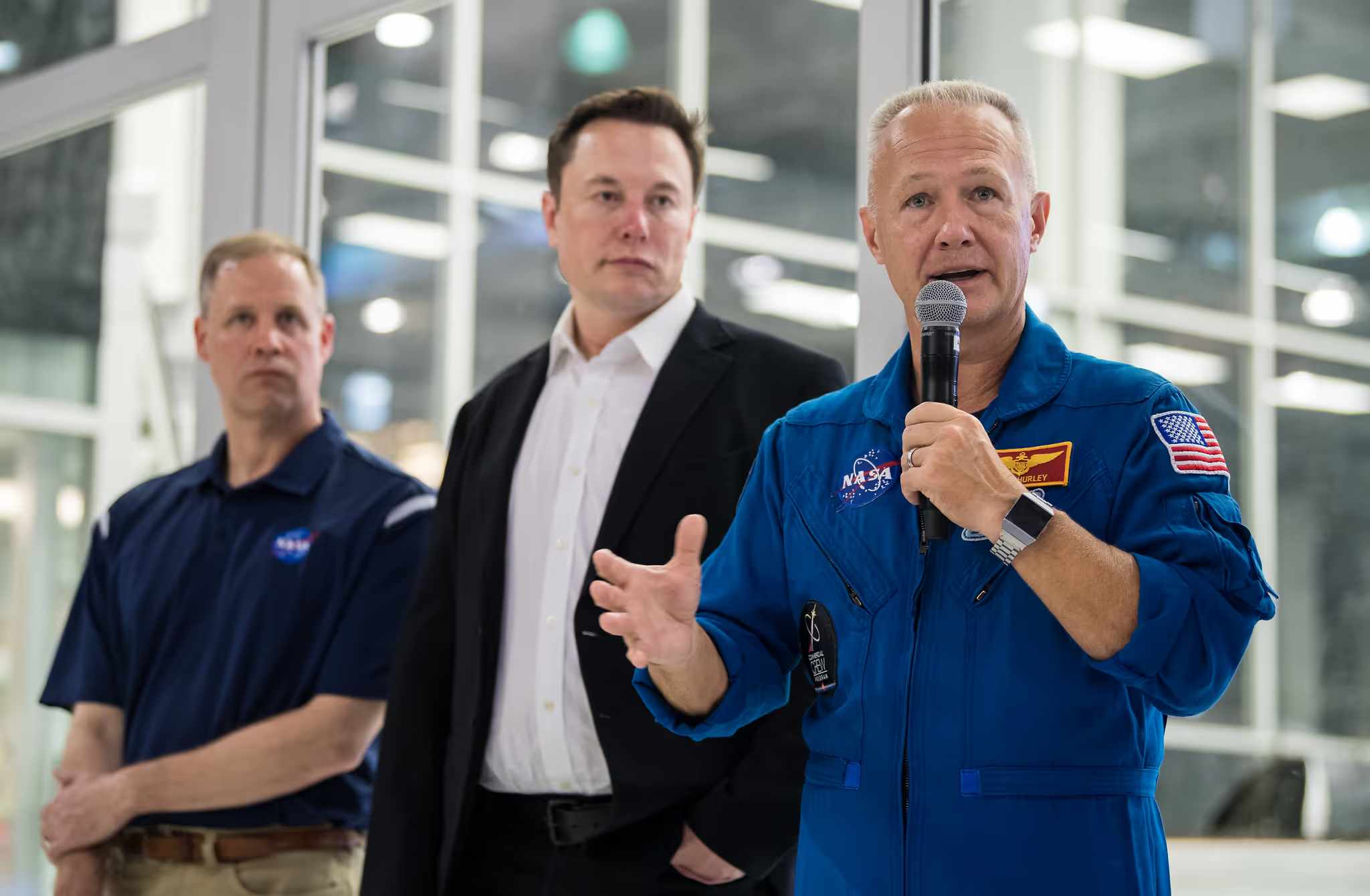

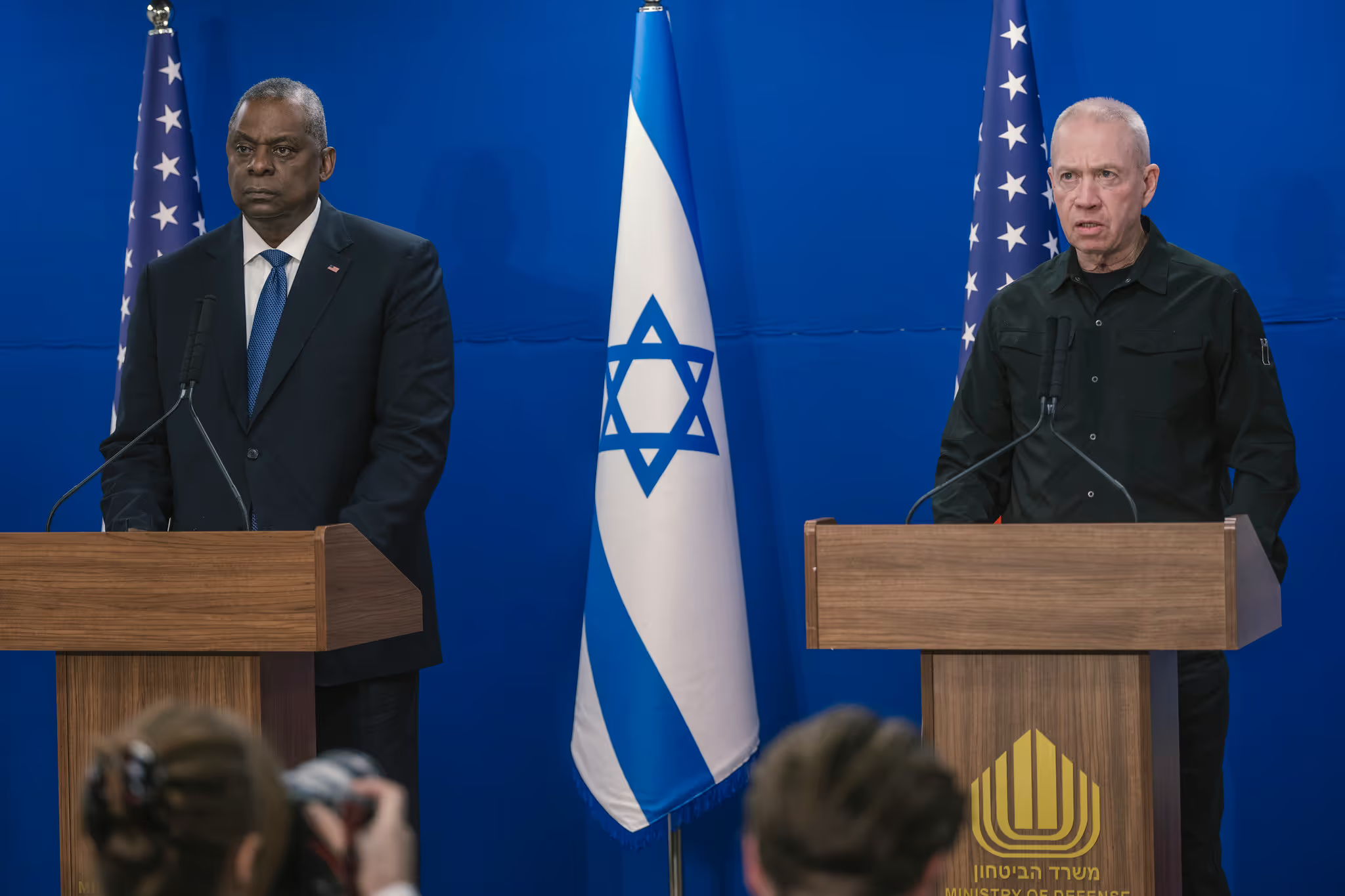





.avif)
